Photography is an art, similar to drawing or painting. There will always be those that are naturally gifted in one media or the other, and the rest of us have to work out ways to keep up. One of the easiest ways to match excellent photographers shot for shot is by adapting a few of their common practices. Here are five habits of great photographers, in no particular order:
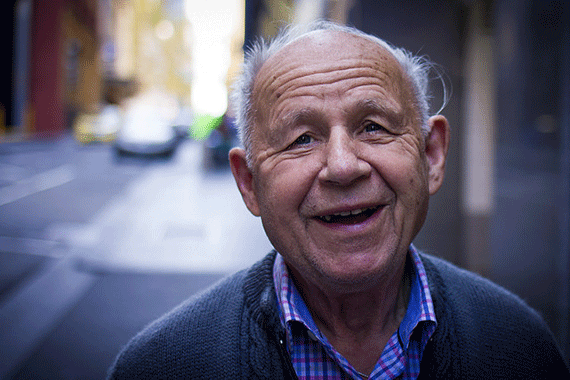
Photo by Cohen Van der Velde; ISO 100, f/3.0, 1/80-second exposure.
Try Bracketing Your Shots
Bracketing is simply the act of taking various exposures of the same picture. Any time you’re taking pictures and the end result is important, you should bracket your shots by shooting one normal photo, then one below the recommended exposure as well as one above. This will give you more options for choosing the best picture and will also prevent over and under exposure. If you’re shooting with a digital camera there is no reason not to bracket your shot as you don’t need to worry about burning through your film.
Properly Care for Your Equipment
A camera lens will give you a near-exact representation of what you saw when you looked through it, but only if that lens is clean of debris. Although it is easy to touch up your images using a photo editor, it is easiest just to use a cleaning kit and properly clean your gear before shooting. Additionally, you should always keep your gear in a bag or case when not in use to prevent dust buildup or accidental damage. And, of course, make sure to charge that battery!
Make Your Image Tell a Story
One of the key differences between a good picture and a great photograph is that a photograph has a story to tell. Every shot you take should convey some sort of narrative with a beginning, middle, and end. Although this may seem like a daunting task, once you practice, it will become easier to frame your image so the story all comes together. When shooting a sequence of photographs, try to tie them all together with one theme; this will increase their emotional impact.
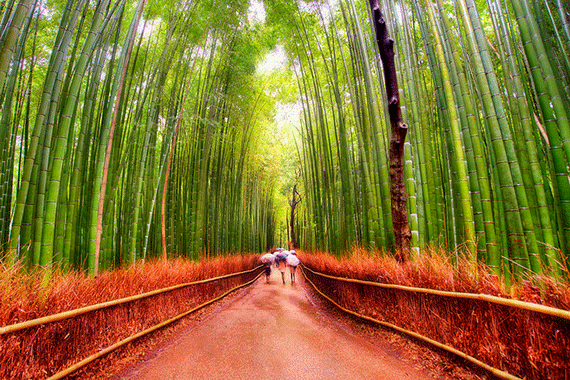
Photo by Luke Zeme; ISO 100, f/4.5, 8-second exposure.
Work In-Camera
Most professional photographers agree that the less time spent in the editing room means that the better you did using your camera. By learning how to work with your camera to get the results you want, you’ll become a much better photographer than spending all your time editing. You should think of photo editing more as a safety net that’s used as a last resort and not something you depend upon to transform your images from bad to good.
Learn Your Craft
Like any skill, if you want to get good at something you have to invest time to learn it. This means that you should do activities like studying the works of great photographers, practice shooting as much as possible and taking classes or reading books about photography. The more you know about how photos work and what makes one better than the other, the more reliable you will become in creating great work. Another option is to consider joining a photo club or website like a photo forum where you can find useful tips.
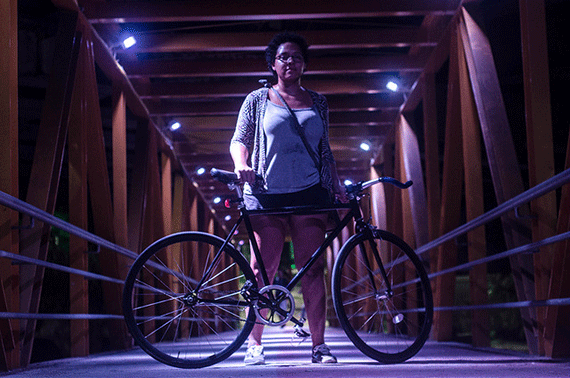
Photo by Projeto Transite; ISO 1000, f/3.5, 1/50-second exposure.
There is no great mystery or untold secret to becoming a great photographer. The more you train your eyes to look at the world through a frame, the better you’ll get at spotting great photo opportunities. These five habits can help you to reach this point sooner, especially if you’re shooting as much as you possibly can. Practice may not make you perfect, but it will definitely make you better.
About the Author
Autumn Lockwood is a writer for Your Picture Frames. They have a selection of brown picture frames in a wide variety of styles, shapes and sizes.
Like This Article?
Don't Miss The Next One!
Join over 100,000 photographers of all experience levels who receive our free photography tips and articles to stay current:

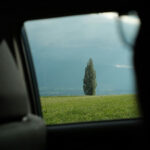

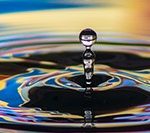

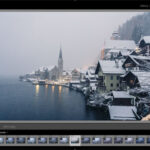
Awesome!
I’m also a professional photographer and I’m totally agree with you. Your tips are great. Thanks for sharing.
Why am I receiving tips that are 5 years old? I don’t mind that since they are sensible but commenting seems a bit weird
Working in Camera does not take the place of skillful editing. The camera does not possess the skillsets to really work an image to it’s full potential. It skews everything to center with no thought to what is possible.
If that were the case, why are you advertising editing software that is A.I.-driven? You are taking the human element out of the artform. After all, canvas doesn’t come with paint-by-numbers already printed on it.
Thank you for the simple, yet useful tips :)
You wrote:
However, if you’re shooting with a digital camera there is no reason to bracket your shot as you don’t need to worry about burning your film.
Is that correct? Regardless of type of equipment, film or digital, you stil may want the normal-, over- , and underexposed shots.
Or did you mean: … no reason NOT to bracket your shot as you don’t need to worry about burning your film.
BTW, who shoots film nowadays?
These are good points to remember for photographers at any level. However, I wish you would have included photos that were more about photography and less about post-production. Your article is appropriately camera-focused (pun unintentional), but the photos are all about manipulated images.